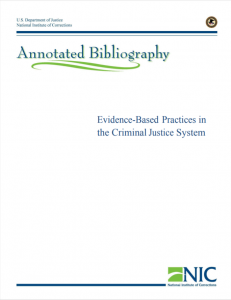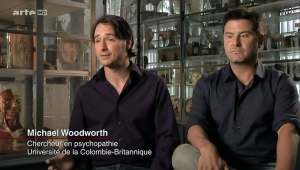UNITED NATIONS OFFICE ON DRUGS AND CRIME (2016) Handbook on the Management of Violent Extremist Prisoners and the Prevention of Radicalization
to Violence in Prisons (CRIMINAL JUSTICE HANDBOOK SERIES)
I therefore recommend that Member States: (f) Reform national legal frameworks and penitentiary systems to ensure the security of inmates, personnel and facilities and establish procedures to prevent and counter radicalization in prisons based on human rights and the rule of law (Plan of Action to Prevent Violent Extremism–Report of the Secretary-General, A/70/67 (2015), para. 50(f).)
Law and order cannot be established, and the safety and security of citizens and of the State cannot be preserved, without police and other law enforcement agencies operating in conjunction with functioning justice and corrections systems. Functional corrections systems are also a prerequisite to efforts to tackle « new » global threats, such as violent extremism and transnational organized crime, which are affecting an increasing number of conflict and post-conflict settings. (Prison Support in United Nations Peace Operations (2015), United Nations Department of Peacekeeping Operations, Department of Field Support, Ref. 2015.11.)
Obligation to Prevent Terrorism: To ensure that States fulfil their obligation to prevent terrorism, States must provide the responsible authorities the necessary specialized training and technical and material assistance. States must also adopt, as needed, non-punitive counter-radicalization and deradicalization policies and programs that include engaging and working with … prison rehabilitation programs … to ensure effective implementation and sustainability of these related measures. (Principles and Guidelines on Human and Peoples’ Rights while Countering Terrorism in Africa (2015), Part 1,B. )
An effective system for incarcerating convicted terrorists is a critical part of an effective criminal justice response to terrorism. Such a system should … prevent further radicalization of prisoners, prevent terrorist activities from being directed or supported from within the prison system, and provide for the deradicalization and reintegration of prisoners into society where possible and thereby reduce recidivism. (Global Counter-Terrorism Forum (2012): Rabat Memorandum on Good Practices for Effective Counterterrorism Practice in the Criminal Justice Sector, Good Practice 11.)



